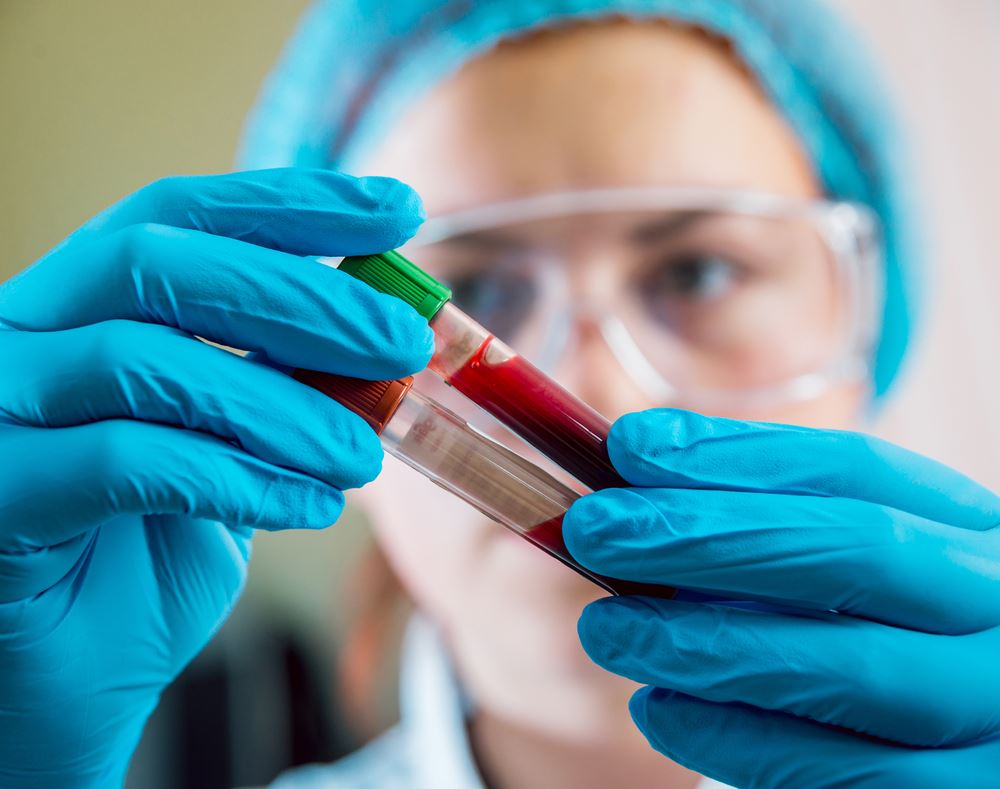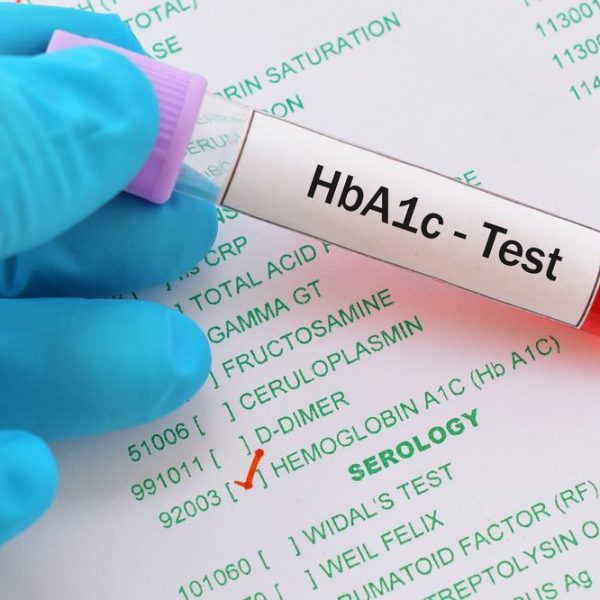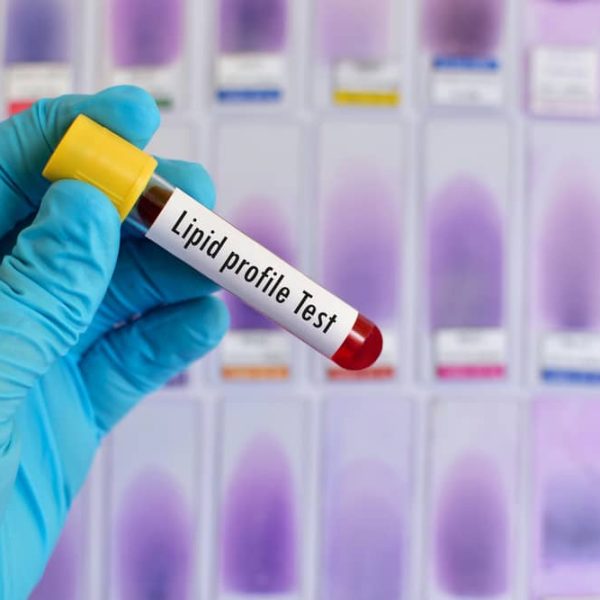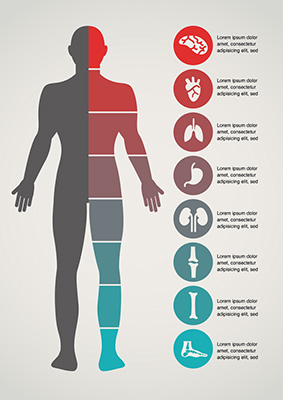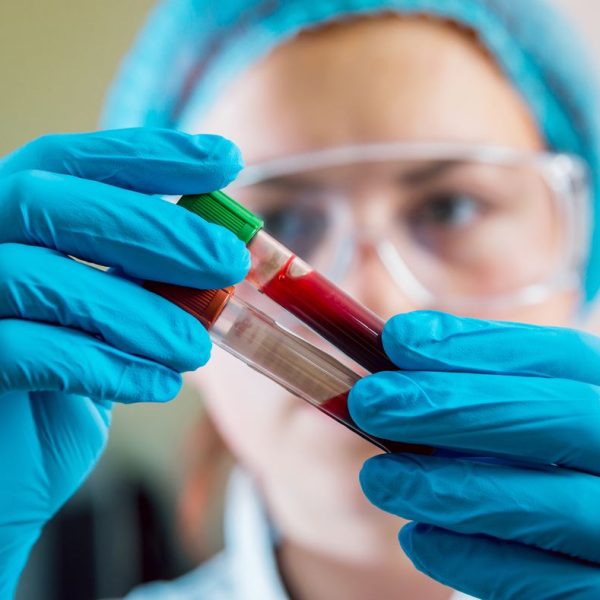A Complete blood count (CBC) test at home or Hemogram is a test that measures the concentration of different types of cells in a person‘s blood.
It is one of the most commonly ordered blood tests and is often part of a routine physical exam.
The CBC measures the levels of red blood cells, white blood cells, and platelets, as well as other parameters such as hemoglobin, hematocrit, and red cell distribution width.
The CBC can help diagnose anemia, infection, and many other conditions. It can also be used to monitor the progress of treatment, such as chemotherapy or a blood transfusion.
Complete blood count (CBC) or Hemogram
is a group of tests that evaluate the cells that circulate in the blood, including
- Red blood cells (RBCs)
- White blood cells (WBCs)
- Platelets (PLTs)
The CBC can evaluate your overall health and detect a variety of diseases and conditions, such as infections, anemia, and leukemia
The CBC includes a variety of tests that measure the concentration of cells in the blood. Red blood cells, or erythrocytes, are responsible for carrying oxygen throughout the body.
A low red blood cell count can indicate anemia, an infection, or other conditions. White blood cells, or leukocytes, are part of the immune system and help fight off infections.
An increased white blood cell count may indicate an infection or other inflammatory condition. Platelets, or thrombocytes, help the blood clot.
- A low hemoglobin count can indicate anemia.
- It also measures the hematocrit, which is the percentage of red blood cells in the blood.
- A low hematocrit can also indicate anemia
while a high hematocrit can indicate dehydration.
The red cell distribution width (RDW) measures the variation in the size of red blood cells. An increased RDW can indicate anemia or other conditions Complete blood count (CBC) test at home.
The CBC is a valuable tool in diagnosing and treating a variety of conditions. It is important for healthcare providers to interpret the

